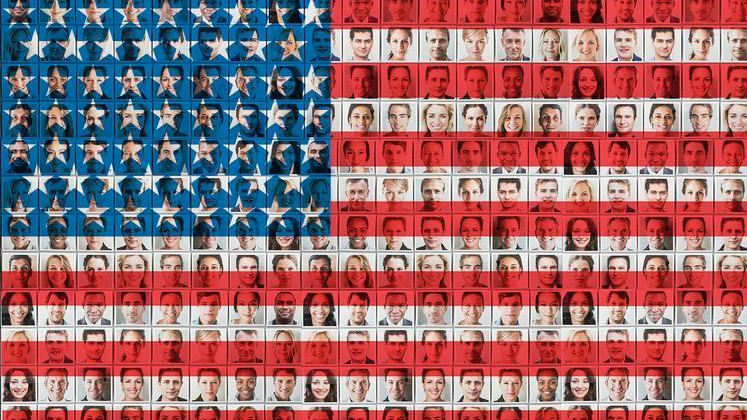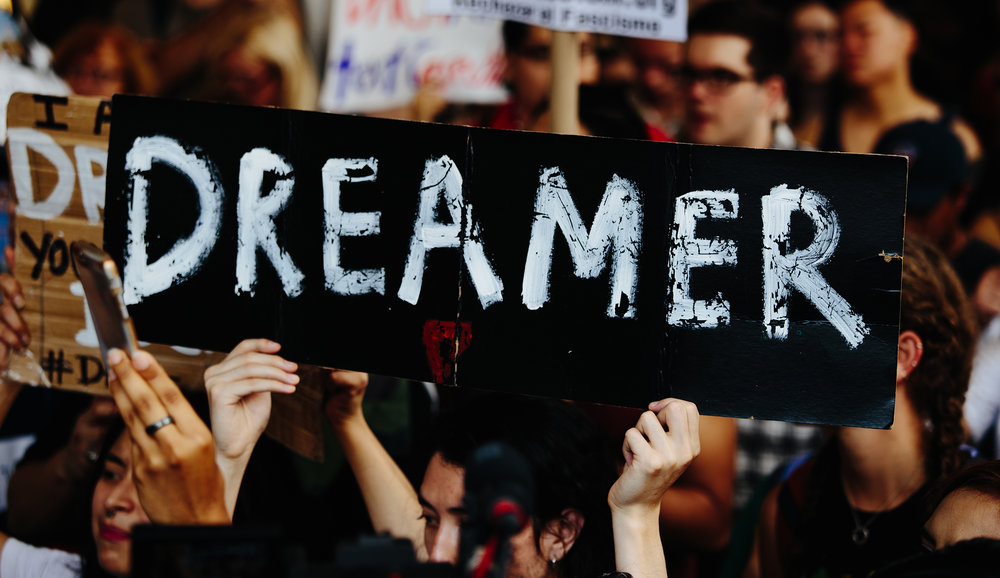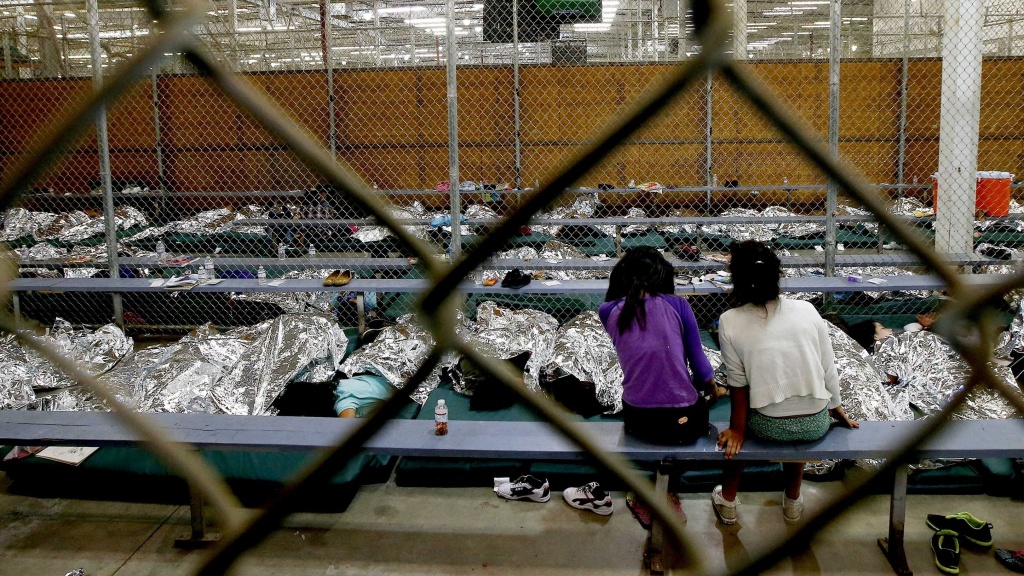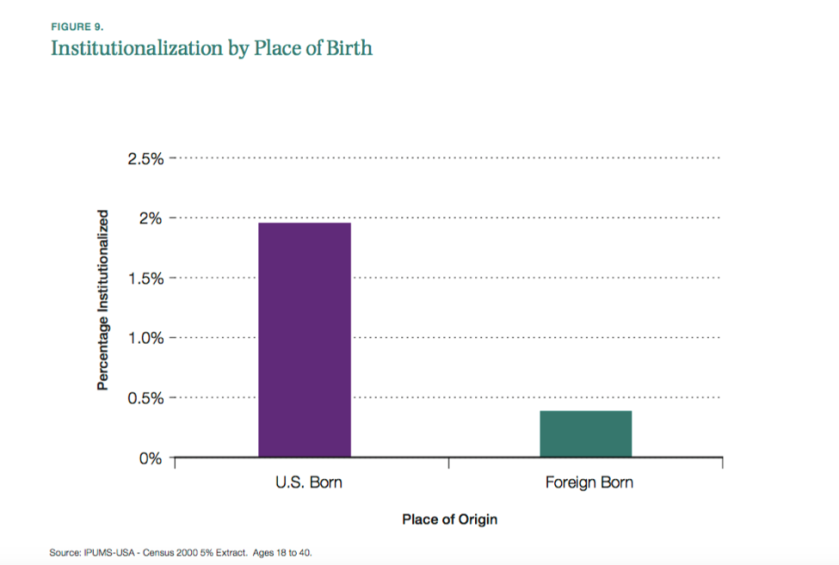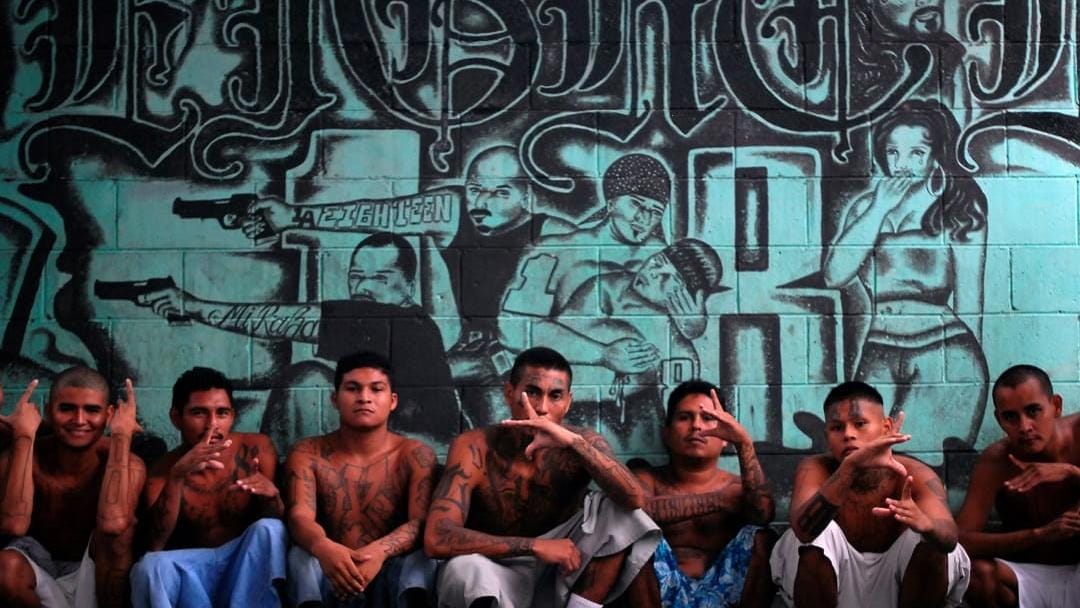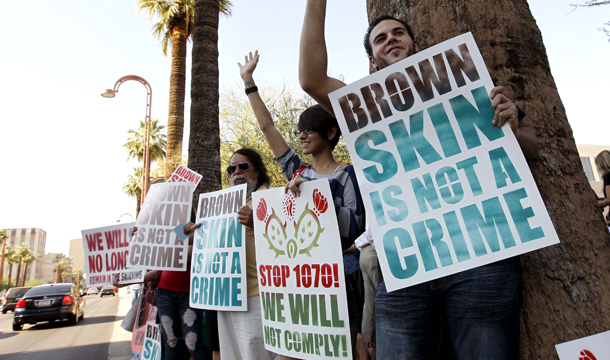
Schoolhouse Rock was my jam. Honestly, it still is. How else would I have learned what an adjective versus a noun is? Or the process for a bill to become a law? One of the most iconic songs from this nostalgic program, though, is “The Great American Melting Pot”. Some of the lyrics to this song go:
America was founded by the English,
But also by the Germans, Dutch, and French.
The principle still sticks;
Our heritage is mixed.
So any kid could be the president.
You simply melt right in,
It doesn’t matter what your skin.
It doesn’t matter where you’re from,
Or your religion, you jump right in
To the great American melting pot.
The great American melting pot.
Ooh, what a stew, red, white, and blue
The trouble, though, is that America maybe shouldn’t just be a “melting pot”. Think about it. What happens when you make a bowl of stew? There are a whole bunch of different ingredients, but they all tend to take on the flavor of the most dominant ingredient. What this means for the “great American melting pot” is that a person (ingredient) is welcome, only as long as they are willing to take on the most dominant flavor of the culture.
“If you don’t learn English, get out”
“Take of that head scarf, you look like a terrorist”
“Quit stealing our jobs”
Our “inclusive” stew seems to be taking on more and more stipulations. You can come in…but only if you: 1) look like us 2) talk like us 3) think like us 4) act like us. But who is “us”? Who gets to say what is and is not acceptable in the United States? Who gets to decide who’s in and who’s out? Those with the power. That’s who. In the United States, that means white, male, able-bodied, straight, educated Christians. What about the rest of us? Simple – blend into the stew. Take on our flavoring, abandon your own, and join the melting pot. Sorry, this doesn’t sound as cheerful and glamorous as Schoolhouse rock makes it out to be.
So then what should it be?
Well, I propose that Schoolhouse Rock write a new song about the “Great American Mosaic”. Think about it – while melting pots basically have one flavor for everything, mosaics are made up of many thousands of distinct pieces of glass. Every piece is different. It may have some similarities to the pieces around it, it may look very different. BUT these pieces are all strategically placed together to form a beautiful image. If just one of those pieces are missing, then the mosaic is no longer complete and the image is lacking. In my opinion, this is the way we should be viewing the members of our country in regards to diversity. Side note: I have also heard “salad” as an acceptable alternative, but I don’t really like salads sooooo…
What does this have to do with the Bible?
WOW I’m so glad you asked! First, let’s look at 1 Corinthians 12:12-27.
“Just as a body, though one, has many parts, but all its many parts form one body, so it is with Christ. For we were all baptized by one Spirit so as to form one body—whether Jews or Gentiles, slave or free—and we were all given the one Spirit to drink. Even so the body is not made up of one part but of many. Now if the foot should say, “Because I am not a hand, I do not belong to the body,” it would not for that reason stop being part of the body. And if the ear should say, “Because I am not an eye, I do not belong to the body,” it would not for that reason stop being part of the body. If the whole body were an eye, where would the sense of hearing be? If the whole body were an ear, where would the sense of smell be? But in fact God has placed the parts in the body, every one of them, just as he wanted them to be. If they were all one part, where would the body be? As it is, there are many parts, but one body. The eye cannot say to the hand, “I don’t need you!” And the head cannot say to the feet, “I don’t need you!” On the contrary, those parts of the body that seem to be weaker are indispensable, and the parts that we think are less honorable we treat with special honor. And the parts that are unpresentable are treated with special modesty, while our presentable parts need no special treatment. But God has put the body together, giving greater honor to the parts that lacked it, so that there should be no division in the body, but that its parts should have equal concern for each other. If one part suffers, every part suffers with it; if one part is honored, every part rejoices with it. Now you are the body of Christ, and each one of you is a part of it.”
In this piece of scripture, Paul is discussing the value of each part of the body of Christ, the Church. In the big-C Church and also in each individual church, each member is to be seen with the utmost value and importance. Similarly, though not every members can perform the same functions, what good would it be if we all did the same thing anyways? We’re not all the same, but we are sure as h*ck unified, or at least we should be. To me, this almost feels like God is appealing to the mosaic model, as well. Not every member of the piece looks the same, but they each are equally valuable in creating the beautiful work of art in the end.
So immigration?
Well, I believe that immigrants into the United States, no matter what the language, ethnicity, skin color, religion, sexual orientation, gender, or whatever, have a purpose in the beautiful mosaic of this country. The American mentality of fear has no place in this image. They are only fearing the possibility of a diverse future. In describing his neighborhood, or “barrio”, Ben Daniel describes the possibility it embodies. He says, “This is my neighborhood, and this is the America we are helping to build when we provide sanctuary for God’s children whose well-being is threatened by America’s misguided immigration policies. It’s full of immigrants like my neighbor and my daughters. There’s nothing to dear. If this is America’s future, we could do a whole lot worse.” (150). As members of a beautiful, diverse nation, we need to realize that these people are a piece of the image. If we all looked, talked, and acted exactly the same, there would be no image to create. But I believe that God has bigger plans. We should join Him.
Works Consulted:
Biblica. (2015). The Holy Bible: New International Version (Larger Print edition). Colorado Springs, CO: Zondervan.
Daniel, B. (2010). Neighbor: Christian Encounters with “Illegal” Immigration. Louisville, Ky: Westminster John Knox Press.
School House Rock Live. (n.d.).
The Great American Melting Pot! Retrieved from
https://www.youtube.com/watch?v=gEBgytLLwac



